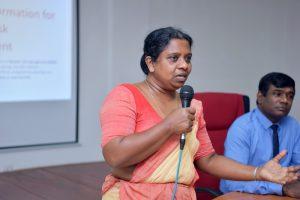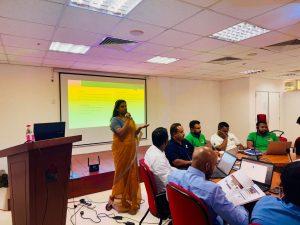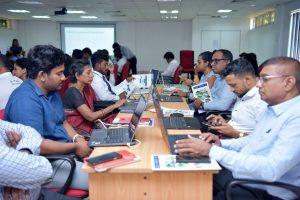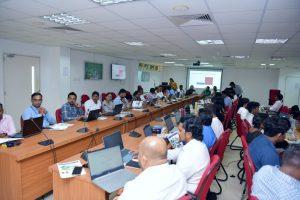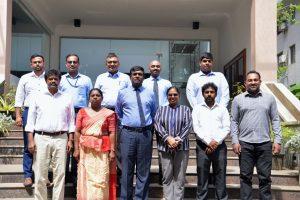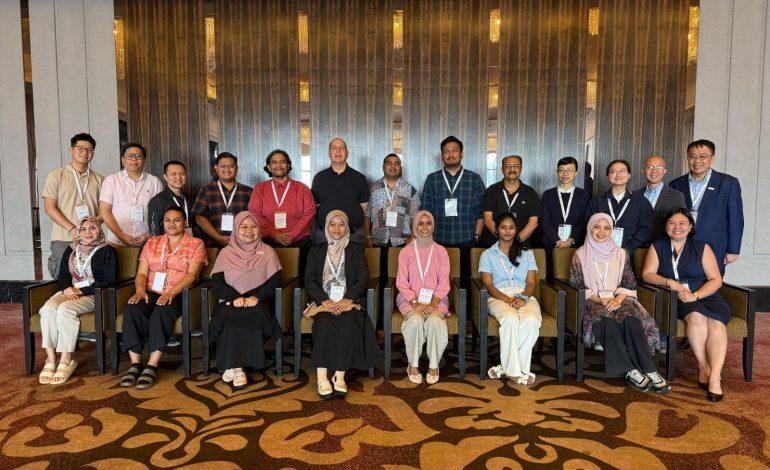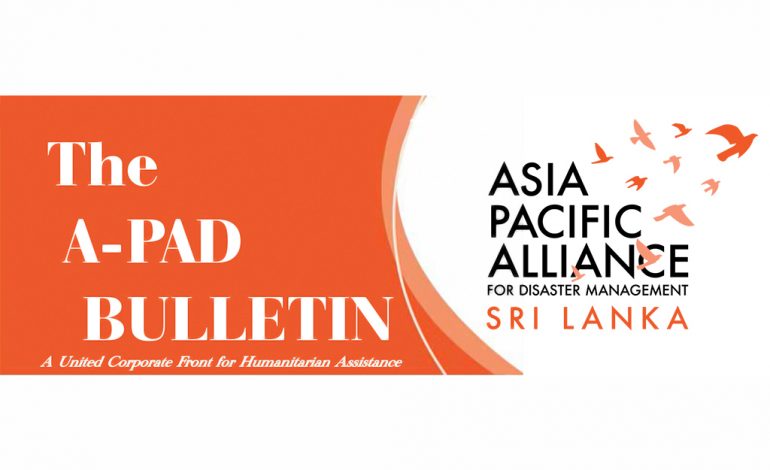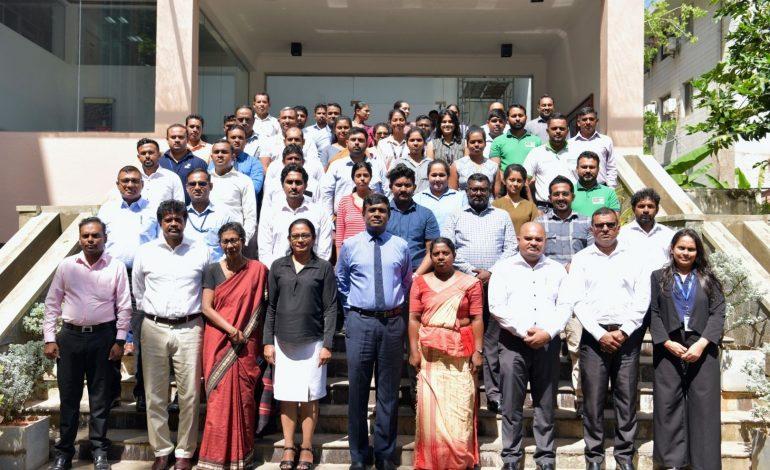
Building Resilience with Data: DMC Engages Private Sector in Disaster Risk Management
The Disaster Management Centre (DMC) recently conducted a workshop on “Statistical & Spatial Data for Disaster Risk Management” for the private sector and partner platforms, with A-PAD SL among the participants. The program aimed to strengthen the role of data in disaster preparedness, response, and recovery, while also building the private sector’s capacity to access and utilize national disaster information systems.
The workshop commenced with welcome remarks by the Director General of DMC Maj. Gen. Sampath Kotuwegoda, who highlighted the DMC’s pioneering work on DesInventar, a Disaster Information Management System that collates and analyses disaster-related data. He noted with pride that Sri Lanka’s DesInventar system is recognized globally as one of the best-maintained and most comprehensive DesInventar databases in the world, underscoring the country’s leadership in disaster data management. In collaboration with the DMC, A-PAD mobilized its extensive private sector network to take part in the training, ensuring that companies and business representatives could directly benefit from practical exposure to disaster data systems.
Following this, Ms. Anoja Senevirathne, Director – Mitigation, Research and Development at DMC, delivered an insightful session on the importance of data in disaster risk management (DRM). She emphasized that reliable data forms the foundation for evidence-based decision-making, enabling both government and private stakeholders to plan more effectively and allocate resources for disaster preparedness and resilience-building.
The first technical session was conducted by Ms. Buddika de Zoysa – Database Analyst, provided participants with an overview of the Sri Lankan DesInventar database. The DMC team conducted a step-by-step demonstration of the analysis module, followed by a practical hands-on exercise where participants learned to generate customized statistical outputs for disaster-related planning and reporting needs.
The second session, conducted by Ms. Cheshini Malawipathirana – Remote Sensing GIS Analyst, focused on “Introduction to Spatial Data in DRM”, where facilitators explained how spatial data enhances decision-making for disaster preparedness and response. Participants were introduced to GIS tools such as ArcGIS, QGIS, Google Earth Engine, and remote sensing technologies, which can be used to map disaster incidents, visualize risks, and support rapid response planning.
The workshop concluded with Ms. Senevirathne outlining the way forward, encouraging the private sector to actively engage with DMC in sharing data, utilizing DesInventar, and requesting further training opportunities. She stressed that collaboration and information-sharing across sectors is key to strengthening national disaster resilience. By equipping private sector stakeholders and partner platforms with practical knowledge on statistical and spatial data systems, the DMC continues to advance its mission of creating a data-driven approach to disaster management in Sri Lanka
